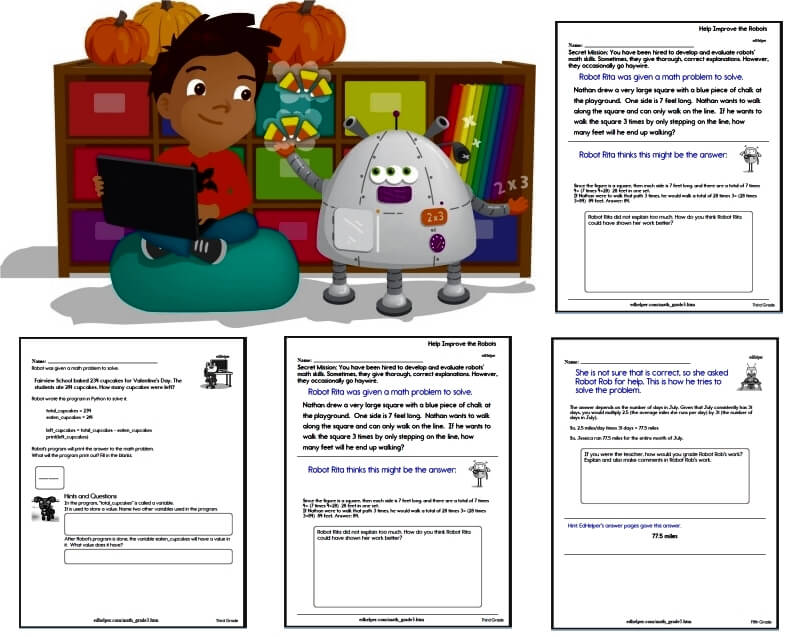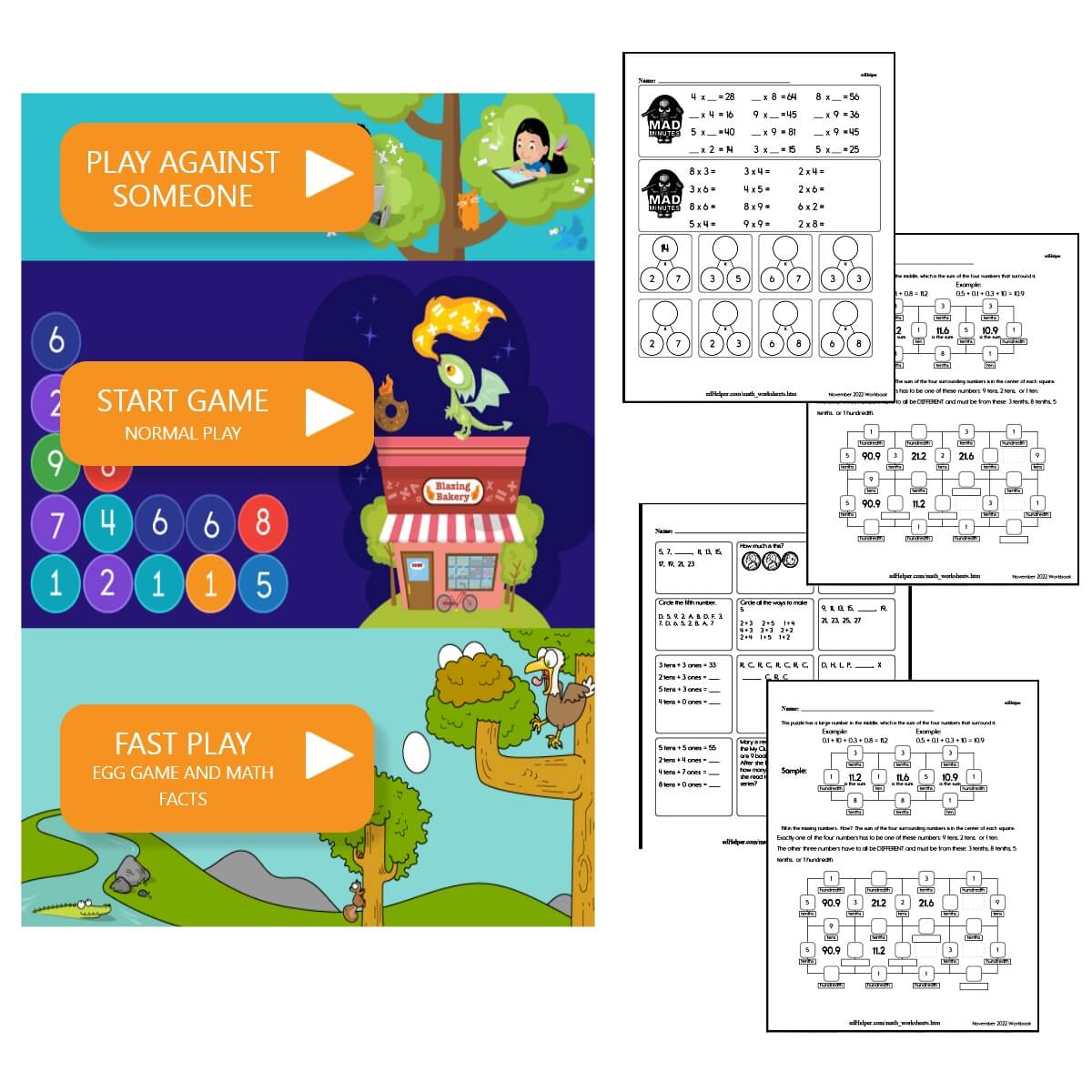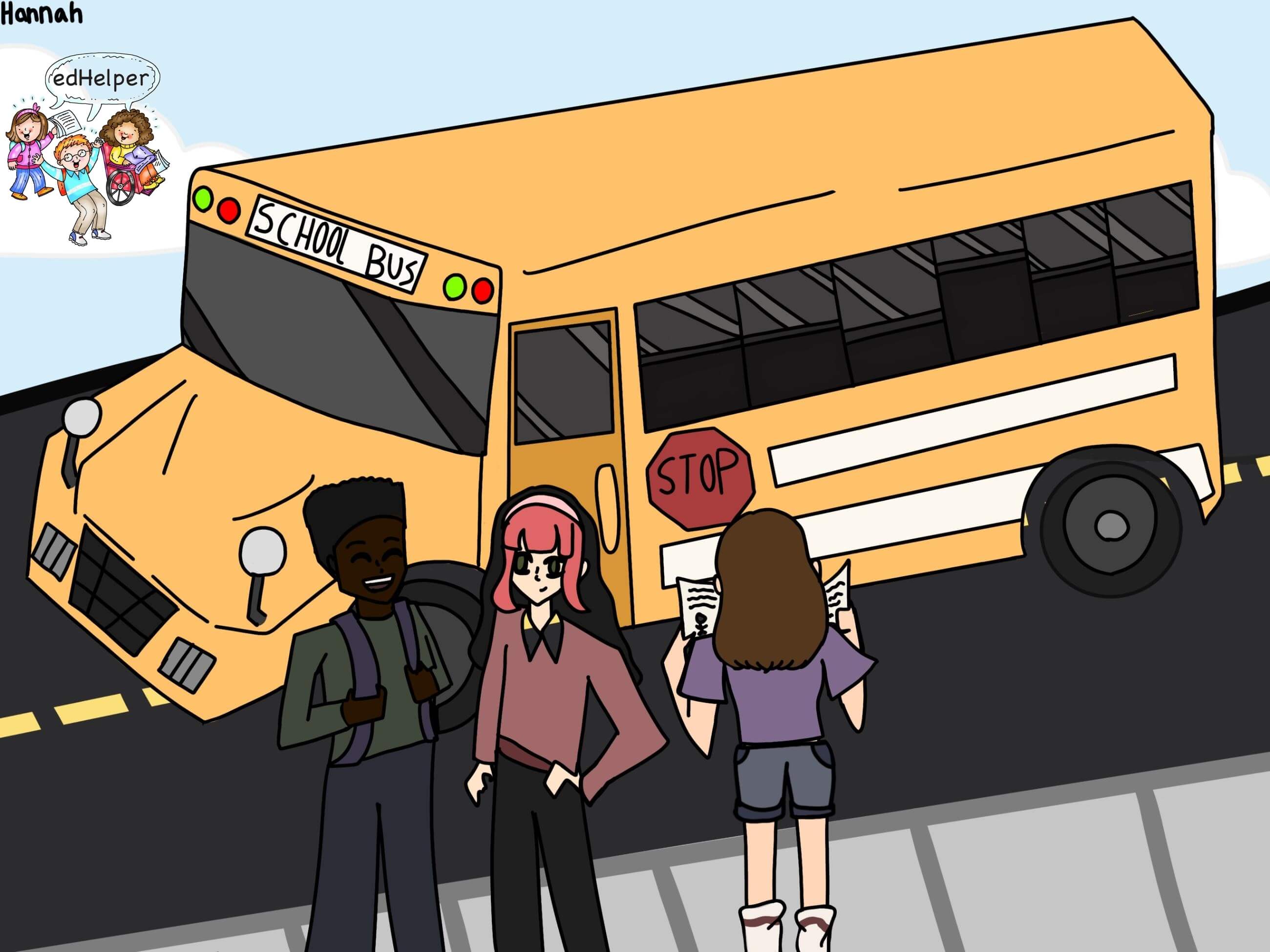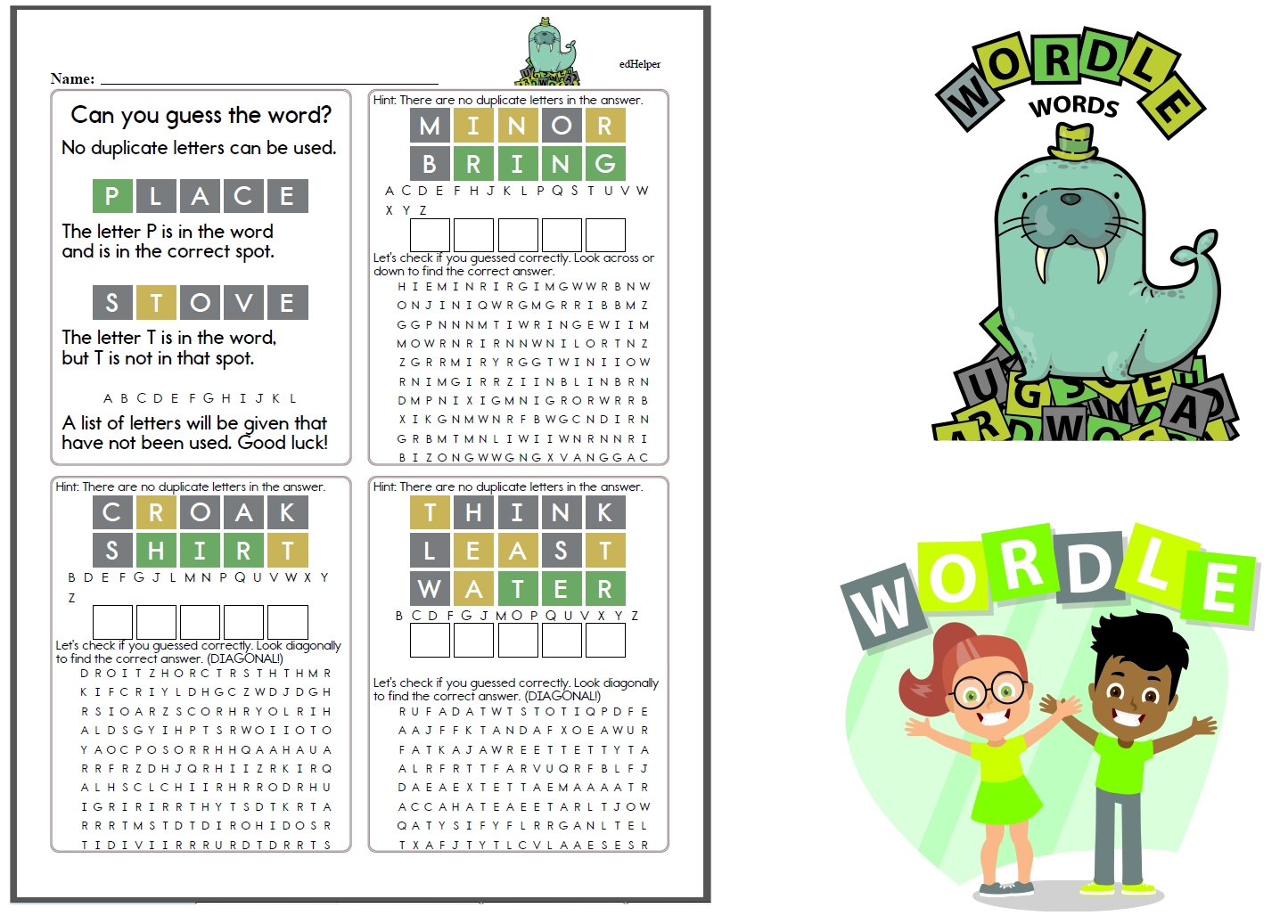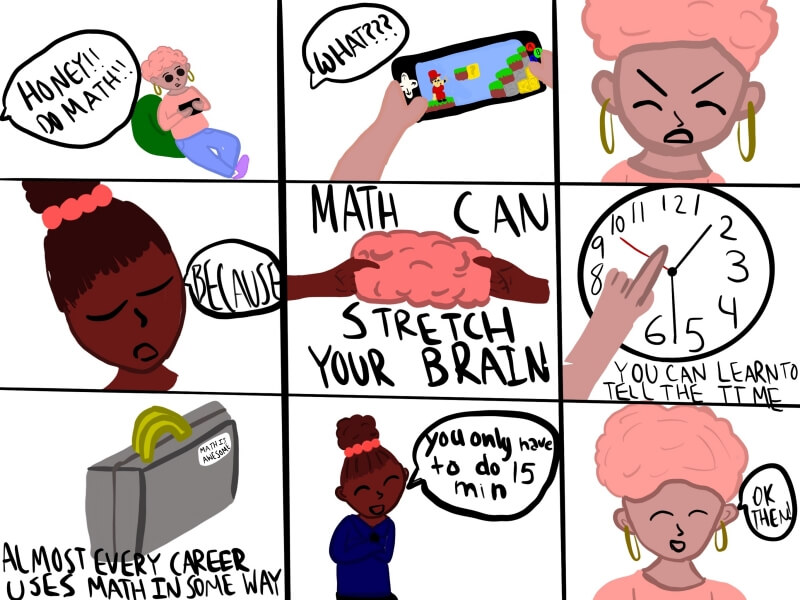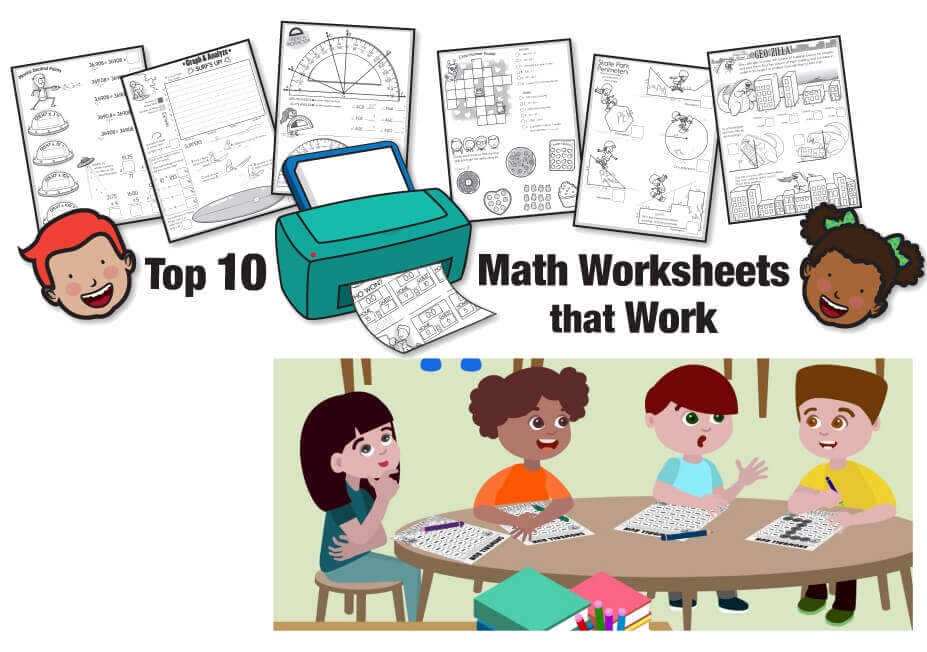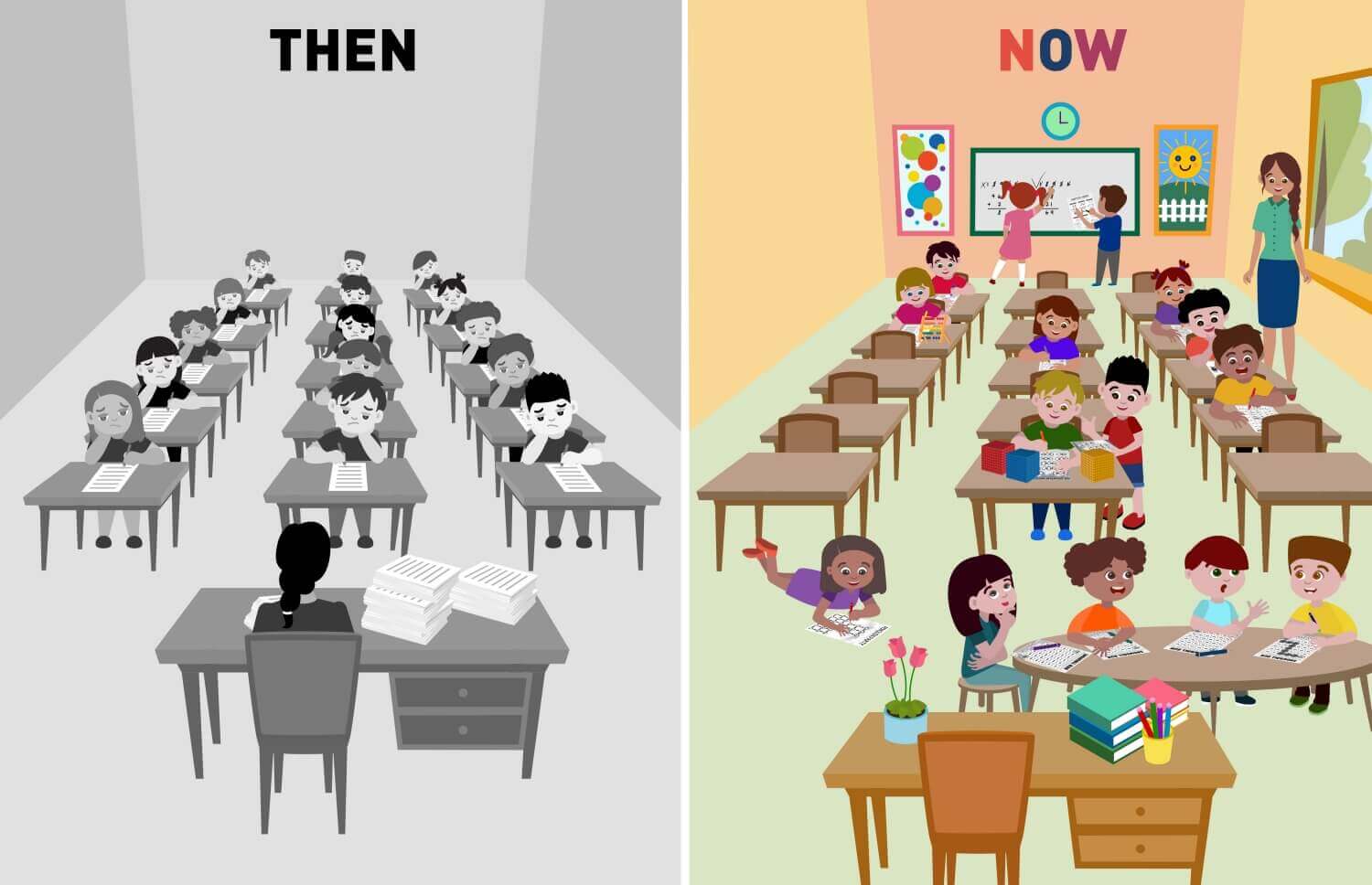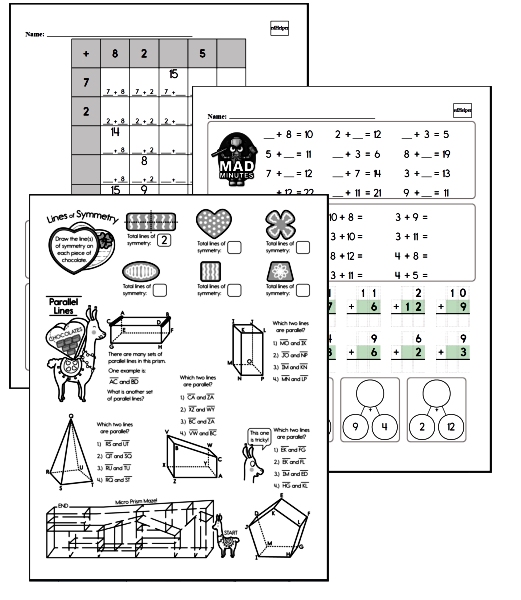5 Ways to Get (And Keep) Your Students' Attention When They're Having Trouble Focusing
By: edHelper Staff
Updated: Sep 19, 2023

Whether it's a bad night of sleep, a topic they don't find interesting, or the upcoming weekend, it's normal for students to have trouble focusing (at least some of the time).
However, it's important to do something about it. Without focused attention, students aren't engaged, and if they aren't engaged, they aren't going to remember anything they're learning.
It's important to have a few tricks up your sleeve so that you can catch-and keep-your students' attention. Here are five of our favorites.
Take a Quick Brain Break
Sometimes, students just need a break-and sometimes, teachers need a break too! Taking a quick brain break is a great way for students and teachers to get a little stress relief, relaxation, and fun so that everyone can focus on the task at hand.
Some of our favorite brain breaks include:
- Doing something physical, like playing freeze dance or a quick game of balloon volleyball
- Taking a mindful moment by going outside, doing some yoga, or passing out color-by-number worksheets
- Playing a game together as a class, like Heads Up Seven Up, Hangman, or Bingo
- Combining something they're learning with something fun, like puzzle workbooks
Brain breaks are great in the moment when you notice your students are having a hard time focusing, but they're even better if you can work them into your schedule strategically.
Pay attention to the times of the day and which days your students seem to have the most trouble focusing. Then, you can squeeze brain breaks into your schedule before their minds start to wander.
Become the Center of Attention
It might sound a little self-centered to want to be the center of attention, but if you're a teacher in the middle of a lesson, it's extremely important that all eyes are on you. Your students' attention isn't always a given, though. You have to earn it by learning how to captivate your audience.
Being the kind of teacher who holds students' attention isn't a gift you're either born with or you aren't. There are a few easy tricks you can use to captivate your class so your students are waiting on the edge of their seats to see what you say next:
- Share facts that are surprising, like how students who take longer on a test usually score better
- Say something unexpected, like greet your students at the door in Mandarin
- Dress to get your students' attention, whether that means wearing crazy patterns or dressing up for a unit on the Civil War
- Do a demonstration that allows students to experience learning firsthand
- Share quotes ahead of lessons that make students think
- Instead of standing in front of the classroom, walk and sit among your students while you teach your lesson
No matter what tactics you use, always take a lighthearted approach. Students have a way of glazing over at the first sign of a raised voice but will refocus their attention at a quiet voice, a smile, or a laugh.
Incorporate Pop Culture in Your Classroom
School doesn't always feel relevant. It's normal for students to wonder when they are ever going to use what they're learning in math or why they need to learn about what happened in the past when it's over and done with. If you can make what they're learning more relevant to their lives now, they're more likely to pay attention. One of the best ways to do that is to incorporate pop culture into your classroom.
Music is a no-brainer. Even something as simple as turning on the radio while students work can help them refocus their attention. Try playing Fall Out Boy's cover of "We Didn't Start the Fire" before playing the original Billy Joel version in a history class, or try printing out lyrics for students during reading.
There are other ways to incorporate pop culture into your lessons. Just keep your eye on the news and entertainment. You never know when you might be able to reference something an actress said or something a popular influencer on TikTok did during a lesson.
Find a Way For Your Students to Get Involved
Learning can't be passive. Students have to do and experience what they're learning in order for it to keep their attention. They have to do and experience what they're learning in order for it to stick, too. In subjects like science and art, that's not so difficult, but it can be a mammoth task in other subjects like math and reading.
The more you can get your students involved in the process, the more engaged they will be. One great way to do that is by letting your students study topics that matter to them whenever possible. It might also mean incorporating those topics into existing units. For example, if you have an upcoming science unit on the weather, you might incorporate discussions on global warming if that's something your students want to talk about.
You can also let your students become the teacher. Invite them to come up to the board and teach the class how to complete a math problem, or let them work independently before getting together in pairs to show each other how they got their answers. It's amazing how much more closely students pay attention when they are being taught by their peers!
Teach Self-Directed Learner Behaviors
The first four tips on this list focus on quick, immediate ways you can help your students focus in class, but it's important to think about long-term solutions too.
Learning can be hard. It's normal for students to want to give up, which is often when you lose their attention. Underlying these feelings is the feeling that learning is an isolated experience-that it's something that happens in a classroom with a teacher who is doing the teaching.
Students have to shift their mindset from feeling like directed learners to becoming self-directed learners. This shift involves focusing on the process instead of the product, finding ways to reframe struggles, and encouraging persistence.
It may require you, as the teacher, to be vulnerable with your students by sharing how you moved past obstacles, and it requires flexibility and empathy as you help students move past their own obstacles. But the final result is worth it. Not only will future teachers thank you for your efforts, but your students will become adults who embrace learning new things their entire lives.
Don't feel discouraged if your students stare out the window or start fiddling with something in their desk at the start of your next lesson. With the tips on this list, you can refocus their attention and teach a lesson they won't forget anytime soon.


